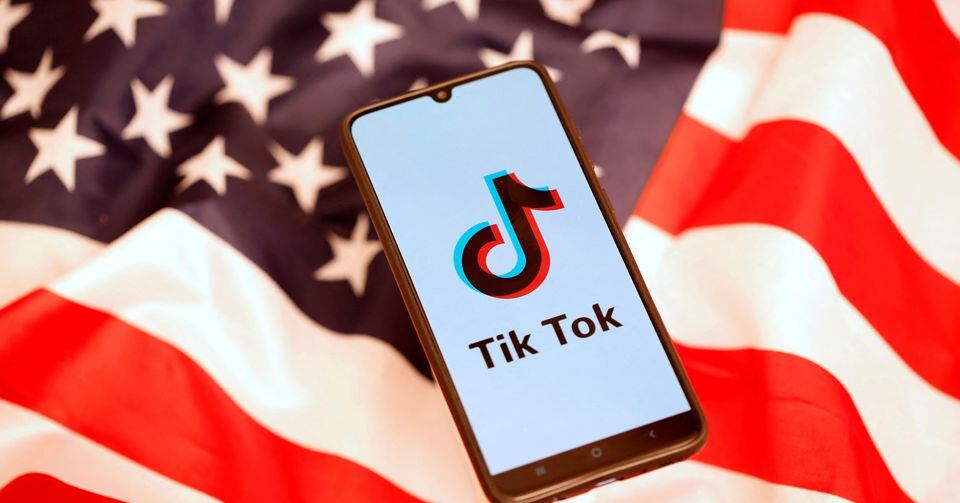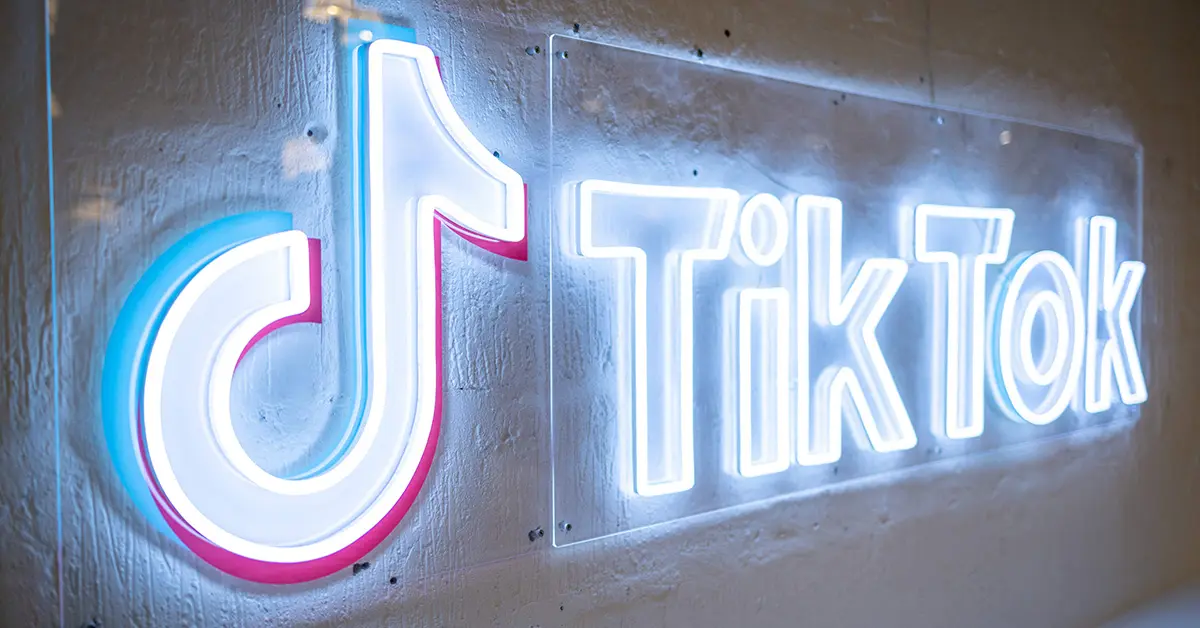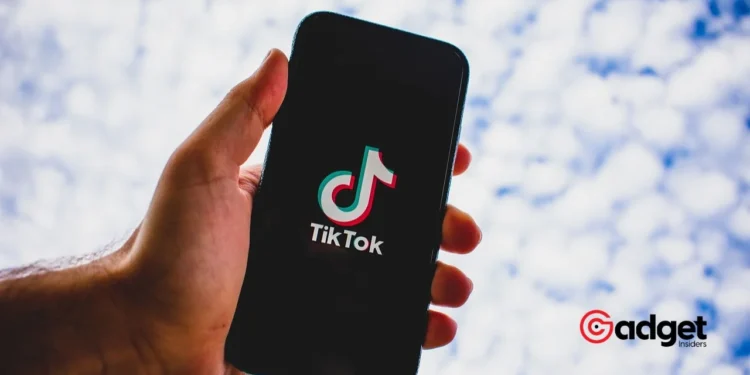In an era where digital platforms are intertwined with the fabric of daily life, TikTok finds itself at the heart of a burgeoning geopolitical controversy. The app, a juggernaut in the realm of social media, faces a precarious future as a bill that could drastically alter its operations in the United States sails through the House and heads to the Senate.
The Bipartisan Move Against TikTok
In a rare show of bipartisan unity, the House recently passed legislation aimed squarely at TikTok’s parent company, ByteDance. The bill mandates a stark choice: divest TikTok within six months or face severe restrictions that could effectively end its operations in the U.S.
This legislative maneuver underscores the growing concerns among U.S. lawmakers regarding the potential for foreign influence and espionage through the app, given its Chinese origins.

The Heart of the Controversy
At the crux of the debate is the fear that the Chinese government could leverage TikTok to spy on American citizens or manipulate the public discourse.
Despite the company’s assurances that it would resist any such requests from the Chinese government, and its efforts to localize data storage through “Project Texas,” skepticism remains. The app’s rapid passage through the House indicates a strong legislative intent to address these security concerns, but its fate in the Senate is far from certain.
A Senate in No Hurry
“It’s hard for me to imagine that it’ll be real fast. We don’t do things fast. We’re designed not to do things fast,” remarked Senator Kevin Cramer, encapsulating the Senate’s cautious approach.

Potential Roadblocks and Constitutional Concerns
As the bill advances, it faces potential amendments and a litany of legal and constitutional challenges. Critics argue that banning TikTok infringes on the First Amendment rights of the 170 million Americans who use the platform for expression, information, and communication.
Moreover, any proposed sale of TikTok is fraught with logistical and regulatory hurdles, including potential antitrust issues and the necessity of China’s approval—a country that has already expressed opposition to such a move.
When would a TikTok ban go into effect? https://t.co/u0QoIr8F83
— CBS News (@CBSNews) March 17, 2024
The Digital Crossroads
The ongoing saga of TikTok’s legislative journey is emblematic of the broader tensions between technology, governance, and civil liberties. As the Senate deliberates, the world watches closely, recognizing that the outcome could set a precedent for how democratic societies navigate the challenges of a digitally connected world.

The TikTok bill, thus, is more than a mere regulatory hurdle; it is a litmus test for the global digital economy’s future, where questions of privacy, security, and freedom collide. As this drama unfolds, one thing is clear: the decisions made today will echo through the corridors of digital discourse for years to come.










